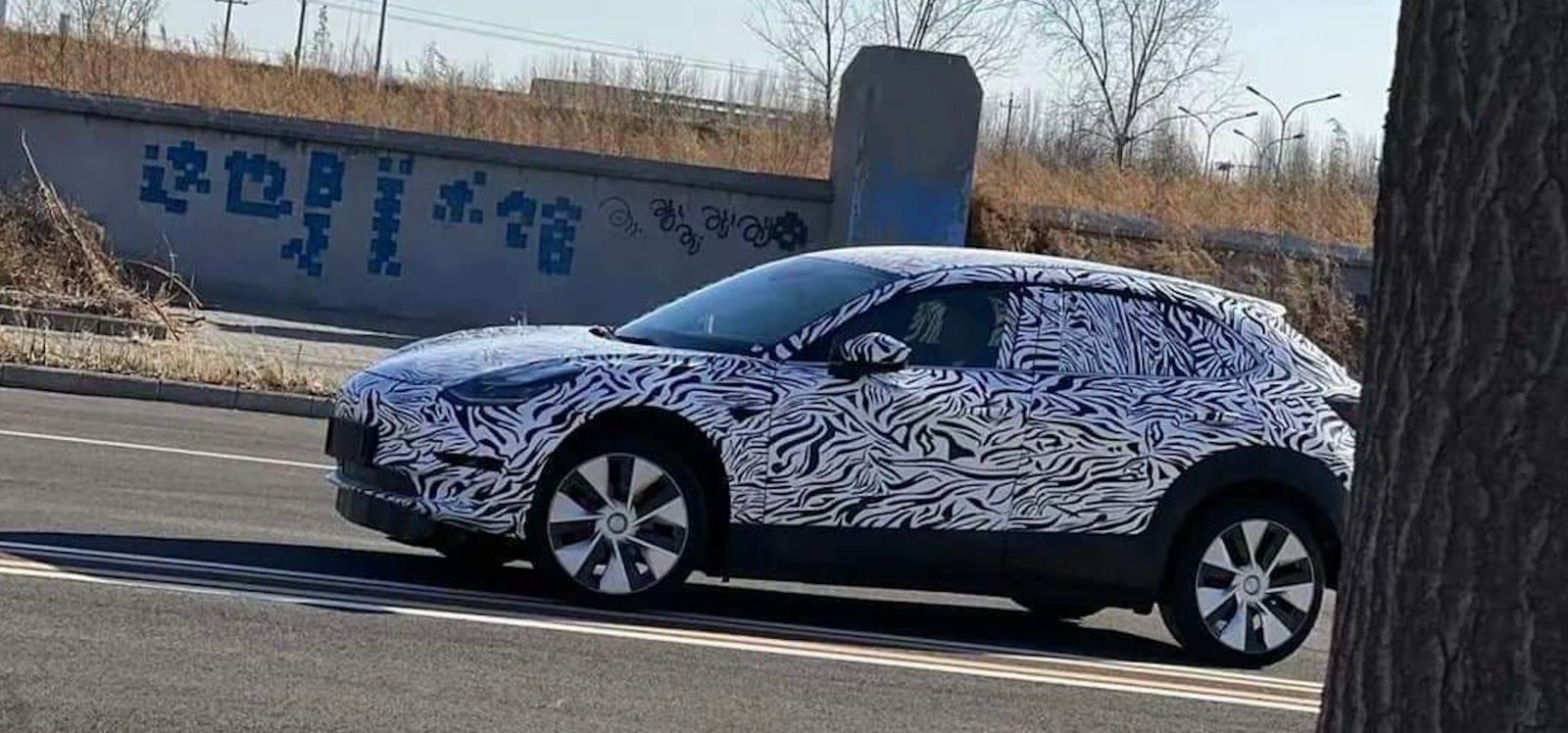
Tesla’s upcoming $25,000 electric car and dedicated robotaxi vehicle are both going to be futuristic-looking and ‘Cybertruck-like’, according to new information coming out of the new Elon Musk authorized biography.
After the Cybertruck, which is coming any day now, Tesla is expected to release to highly-anticipated new electric vehicles.
A smaller and cheaper electric car commonly referred to as the “$25,000 Tesla model” and a new “dedicated robotaxi”, a vehicle designed from the ground up for autonomous driving without any pedals or steering wheel.
The former was first announced at Tesla’s Battery Day in 2020 as CEO Elon Musk said that the new 4680 battery would enable the automaker to make such a vehicle.
It has also been linked to a new electric hatchback that Tesla has been planning to produce at Gigafactory Shanghai in China and export globally.
Initially planned for 2023, it has been delayed as Tesla focused on ramping up production of the Model Y and on autonomous driving development.
As for the robotaxi, Tesla has been talking about making all its consumer vehicles built since 2016 capable of becoming robotaxis through software update, but At Tesla’s Cyber Rodeo event in April 2022, Musk announced that Tesla would also build a new vehicle specifically to be a “robotaxi”.
New Info from the Elon Musk biography
Walter Isaacson, a famous biographer, has been embedded in Musk’s life for the past few years and he is about to release his authorized biography of the famous CEO.
As it is often the case for such publications, he is leaking some information that will be featured in the book to the media in order to create some buzz around the release.
He has now released some information through Axios about the development of the $25,000 Tesla car and dedicated robotaxi vehicle.
Here are a few interesting and mostly new things from the details released by Isaacson:
- Internal discussions about a dedicated robotaxi started at Tesla in November 2021
- Musk wanted the vehicle to have no steering wheel or pedal, but top Tesla engineers and designers, including chief designer, Franz von Holzhausen, pushed back against the idea for a long time.
- In August 2022 (after already announcing the product months before, Musk got his way and locked in the concept of having no driver input available. He said: “Let me be clear. This vehicle must be designed as a clean robotaxi. We’re going to take that risk. It’s my fault if it f–ks up. But we are not going to design some sort of amphibian frog that’s a halfway car. We are all in on autonomy.”
- He told Isaacon: “This is the product that makes Tesla a ten-trillion company. People will be talking about this moment in a hundred years.”
- Despite announcing the $25,000 year prior, things didn’t really start moving in a big way until a September 2022 meeting where Musk was presented with data showing that Tesla needed a much cheaper vehicle to achieve its goal of 50% annual delivery growth and 20 million vehicles per year by 2023.
- They moved ahead with a new manufacturing plan that would have both the $25,000 model and robotaxi produced on the same next-generation assembly line – likely what was unveiled at Tesla’s 2023 Investor Day.
- Musk was reportedly “unexcited” about the $25,000 model until he was shown concept vehicles of both the cheaper model and robotaxi side-by-side at a February 2023 meeting.
- The vehicles were both described as having “a futuristic design like the Tesla Cybertruck”/
- Musk loved what he saw and said: “When one of these comes around a corner, people will think they are seeing something from the future.”
Electrek’s Take
While there’s no groundbreakingly new information in there, it does show a fascinating look behind the scenes at Tesla’s development process versus what is publicly announced by Musk.
More than ever, I think it’s clear that we need to take everything with a grain of salt.
In the cases of both these vehicle programs, it sounds like they were announced way ahead of Tesla having concrete development.
However, this is not unusual in the auto industry. Legacy automakers are known to often unveil concept cars that have little to do with their eventual production versions.
FTC: We use income earning auto affiliate links. More.